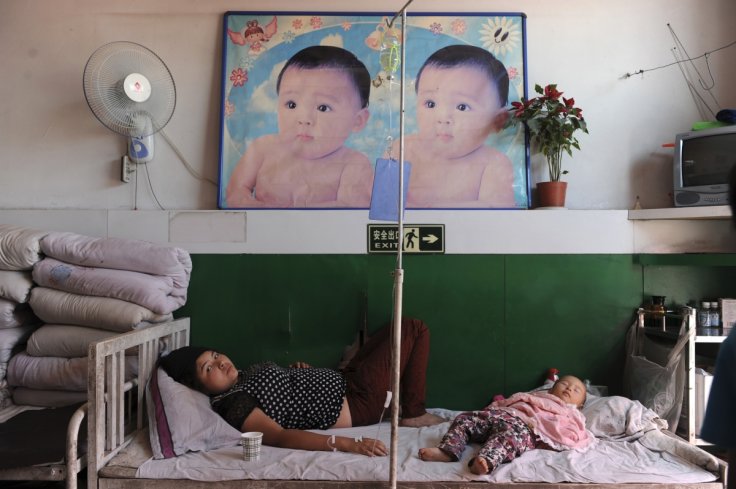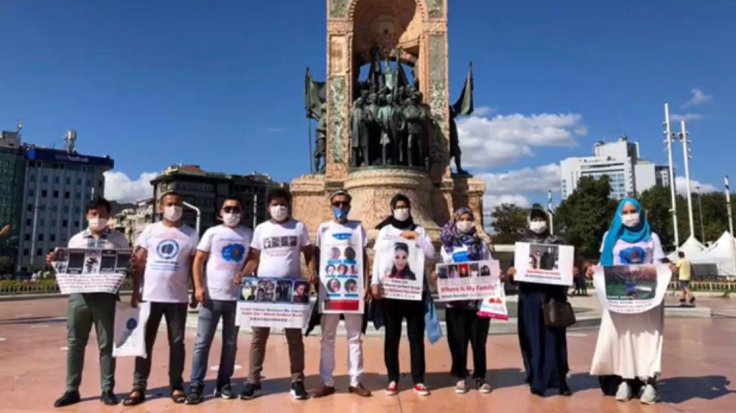China has detained hundreds of Muslim imams in the restive Xinjiang province, Radio Free Asia has reported. The detention of imams has paralyzed the religious life of Muslims in the province, with even funeral rites not being performed, the report says.
Sources within northwest China's Xinjiang Uyghur Autonomous Region (XUAR) have said that more than 600 imams, or religious clerics, were jailed under a campaign of 'extralegal incarceration'. Of nearly 10 million Uighur Muslims in the region, nearly two million are in various forms of imprisonment, mostly held in a vast network of internment camps where Muslims are forced to undergo cultural transformation.

More Imams Under Imprisonment
"We started this search in 2018, around May ... and after the interviews finished in November [that year], I found that the most targeted population was religious figures," Abduweli Ayup, a Norway-based fellow with the International Cities of Refuge Network (ICORN), told the publication. He was speaking at a webinar hosted by the Washington-based Uyghur Human Rights Project (UHRP).
"At the time, we had about 300 imams listed [as detained] and then we kept updating the figures and by June, the last update, it was 613 imams listed," he added.
The pithy plight of ethnic Uighur Muslims under the Chinese Communist rule was captured in the testimonies given at the meeting. Another participant said Uighur Muslims in Xinjiang are "afraid of dying" these days as there are no imams to perform the last rites.

"They told me that after those imams were arrested, Uyghurs became afraid ... of dying because there is no imam to [oversee their] funeral," the activist said. The situation is so dire that in the provincial capital Urumqi, people have to register and have to wait when somebody dies.
"They are afraid of dying because the mosques are demolished, and the imams are arrested, and there is no possibility to hold a funeral, to hold the ceremony," he said. "It's very tragic."
Terror and Secessionism
China says the Turkic-speaking native people of the Xinjiang region support terrorism and secessionism. Knife attacks by Uighur rebels were a common feature in the last several years, until Beijing tightened the grip on the region after Xi Jinping became the president.
In 2014, before the internment camps became a reality, China's State Internet Information Office (SIIO) had said that the Uighur rebels were propagating terror videos and jihadi-supporting literature throughout the region. "Terror video and audio products have become a major instigator of the high incidence of terrorist activities at present," the SIIO had said.
"These materials, which propagate Jihad, terrorism and religious extremism, have been spread incessantly in China ... They have had a strong instigation effect and are extremely harmful," the SIIO said.









